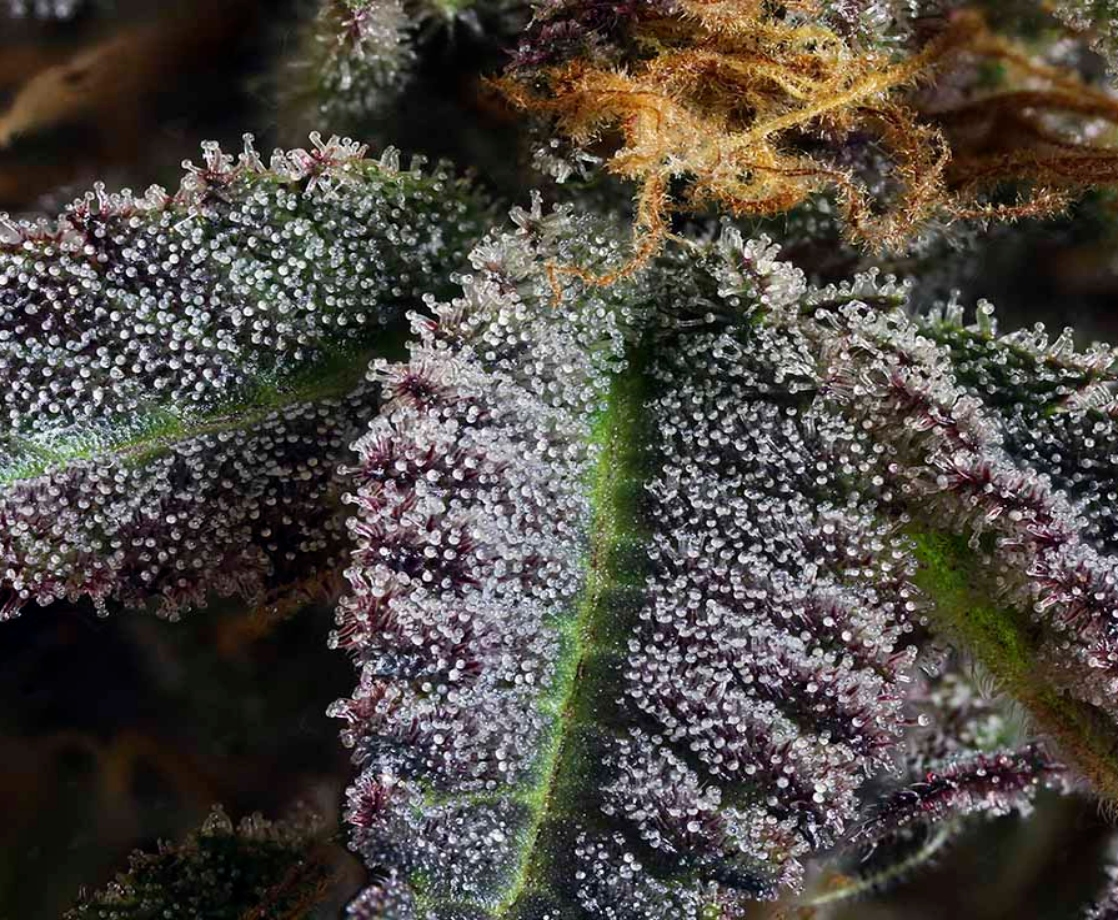THC is the world’s most well-known cannabinoid. It’s the part of weed that gets people intoxicated, and it possesses medical properties, too. And, as far as we know, only cannabis produces THC; no other plant on the planet makes this wondrous compound.
Yet there’s another compound found exclusively in cannabis, but it’s not nearly as famous as THC. That compound is cannflavin B – which is a flavonoid, not a cannabinoid. And even though cannflavin B doesn’t get people lit, a new study suggests that this flavonoid can also help kill cancer cells, just like THC.
The study, published recently in the journal Frontiers in Oncology, found that cannflavin B worked especially well against pancreatic cancer. Pancreatic cancer is one of the deadliest cancers known: A diagnosis is essentially a death sentence, with a dismal 8 percent survival rate, even with the latest developments in chemotherapy, radiation therapies, and surgeries.
Pancreatic cancer is especially lethal since the pancreas’s functions are essential to human health, and the human body contains only one pancreas. The pancreas releases hormones that raise and lower blood sugar levels. Without it, the body cannot balance how much sugar is being processed, eventually leading to nerve death and permanent organ failure.
“The findings demonstrate the potential for this new cannabis derivative in the treatment of both localized and advanced pancreatic cancer,” the study’s authors wrote. “The results justify further studies to optimize therapy outcomes toward clinical translation.”
How does cannflavin B fight pancreatic cancer? According to the study, the molecule not only causes some of the cancer cells to “commit suicide” through a process called apoptosis, it also enhances the effectiveness of common chemo- and radiation therapies, as well. So, basically, cannflavin B could synergistically improve both medical marijuana and conventional cancer treatments simultaneously.
Gallery — Weed Porn and Cannabis Up-Close:
But, there are a couple of catches here. First, this study didn’t look at pancreatic cancer in humans. Like most lab-run weed studies, it only assessed pancreatic cancer in mice.
Second, although the researchers did study cannflavin B in rodent pancreatic cancers, their true aim wasn’t to bolster cannabis’s reputation as a cancer treatment. Rather, they primarily looked at a synthetic, lab-made version of cannflavin B, which they called FBL-03G.
Of course, since FBL-03G doesn’t naturally occur in nature, it’s patented. And the drug company that created this synthetic flavonoid, Flavocure Biotech Inc., funded this study. Although the scientists stated in their “Conflict of Interest” section that “the research was conducted in the absence of any commercial or financial relationships that could be construed as a potential conflict of interest,” keep in mind that the data was collected to ultimately determine the cancer-fighting efficacy of FBL-03G, not cannflavin B.
A separate study published earlier this month indicated that the weed flavonoids cannflavin A and cannflavin B could combat pain better than THC or CBD, again raising even more questions about how cannabis truly works as a medicine.
Regardless, both the pancreatic cancer study and the flavonoid pain study may finally trigger new academic (and commercial) interests to further explore cannabis’s potential as a medicine. There’s a lot more in our favorite plant besides THC and CBD.
Follow Randy Robinson on Twitter











